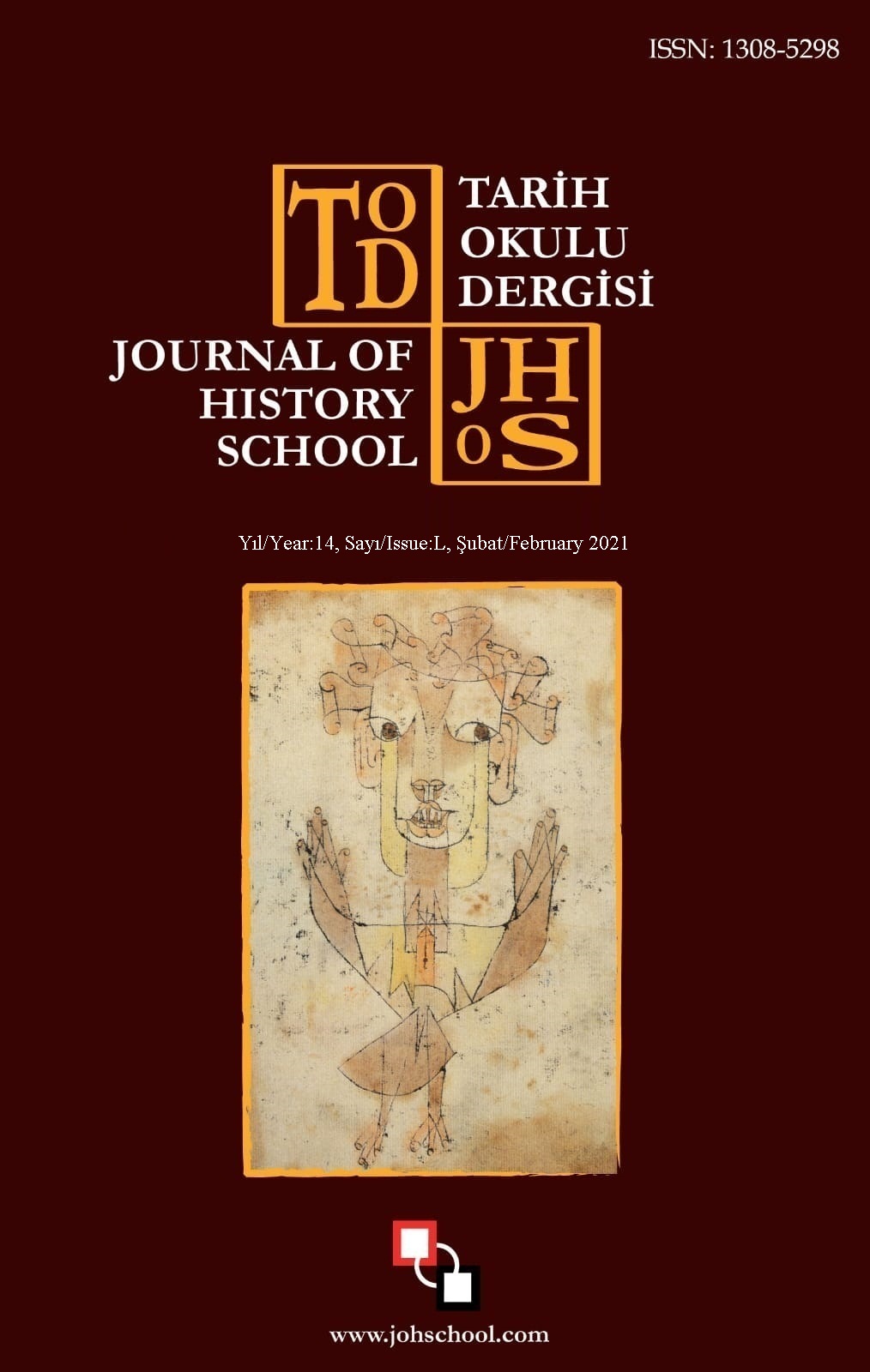Author :
Abstract
In the Ottoman Empire, the mid-nineteenth century witnessed the birth of public hygiene as a consistent government strategy, which marks the emergence of an innovative official approach to the exercise of state authority. With the emergence of the public hygiene, the state now became conceived to both survey and shape the urban environment and day-to-day social and individual lives in a much more pervasive manner and to ensure the health of the population. In addition to tracing the emergence and historical evolution of the late Ottoman public hygiene, this article suggests that it was the historical overlap between the development of a new form of political power and a drastic transformation in medical epistemology that principally paved the way for this policy. I furthermore argue that the Ottoman public hygiene policy intensified significantly from the late nineteenth century due to the particular conjecture of these years, which involved a set of unique developments, both scientific and social-political.
Keywords
Abstract
On dokuzuncu yüzyıl ortalarından itibaren, Osmanlı İmparatorluğu ve özellikle İstanbul, istikrarlı ve sistemli biçimde halk sağlığı siyasetinin doğuş ve gelişimine sahne olmuştur ve söz konusu siyaset niteliksel olarak yeni bir resmi iktidar anlayışına işaret etmektedir. Hıfzısıhhanın doğuşuyla birlikte halk sağlığını koruma çabasıyla devlet kentsel alan ve gündelik kent yaşamını hiç olmadığı kadar derinlemesine şekillendirme ve denetim alma yönünde adımlar atmaya başlamıştır. Bu çalışmada halk sağlığı siyasetinin ortaya çıkışının yeni bir iktidar biçiminin gelişimiyle tıbbı epistemolojide yapısal dönüşümün zamansal örtüşmesiyle açıklanılabilineceği önerilmektedir. Ayrıca, dönemin resmî belgelerine dayanılarak, on dokuzuncu yüzyıl sonlarından itibaren halk sağlığı siyasetinin yoğunluğunda hızlı bir artış olduğu gösterilmekle birlikte söz konusu artışın gerek bilimsel gerek toplumsal-politik bir dizi özgün gelişmeyi içeren bu yılların tarihsel bağlamının sonucu olduğu açıklanmaktadır.
Keywords
- Çelik, Z. (1993). The Remaking of Istanbul: Portrait of an Ottoman City in the Nineteenth Century. University of California Press.
- Demirhan, A. & Kahya, E. (1997). Medicine in the Ottoman Empire (and Other Scientific Developments). Nobel Medical Publications.
- Dinç, G. (1989). Arap Harfleri ile Türkçe Basılmış Tıbbi Süreli Yayınlar Toplu Kataloğu. Unpublished master’s thesis, İstanbul Üniversitesi Sağlık Bilimleri Enstitüsü.
- Ergin, O.N. (1995). Mecelle-i Umur-u Belediye (Vol. 6). İstanbul Büyükşehir Belediyesi Kültür İşleri Daire Başkanlığı.
- Ergut, F. (2002). Policing the poor in the late Ottoman Empire. Middle Eastern Studies, 38(2), 149-164.
- Foucault, M. (1973). The Birth of the Clinic: An Archeology of Medical Perception. Tavistock Publications.
- İnalcık, H. (1994). The Ottoman Empire: The Classical Age 1300-1600. Phoenix.
- Kahya, E. (1997). Ondokuzuncu Yüzyılda Osmanlı İmparatorluğu’nda Tıp Eğitimi ve Türk Hekimleri. AYK Atatürk Kültür Merkezi Başkanlığı.
- Kalkan, İ. (2015). Torture, Law and Politics in the Late Ottoman Empire (1840- 1918). Unpublished doctoral thesis, New York University.
- Karatay, S. (1971). 500 yıl sonra tıbbiyenin ve tıbbiyelinin toplumumuzdaki yeri. Türk İstanbul’da Tıp Öğretiminin 500. Yıldönümü, 7-11. İstanbul Tıp Fakültesi.
- Kırlı, C. (2001). The Struggle over Space: Coffeehouses of Ottoman İstanbul, 1780-1845. Unpublished doctoral thesis, Binghamton University.
- Kranzler, K. L. (1991). Health Services in the Late Ottoman Empire. Unpublished master’s thesis, Boğaziçi University.
- Özbek, N. (2002). Osmanlı İmparatorluğu’nda Sosyal Devlet: Siyaset, İktidar, Meşruiyet. İletişim.
- Özen, C. (1981). Türkiye’de adli tıbbın tarihçesi ve gelişmesi. Tıp Fakültesi Mecmuası, 44, 361-378.
- Porter, D. (1999). Health, Civilization and the State: A History of Public Health from Ancient to Modern Times. Routledge.
- Rosen, G. (1993). A History of Public Health. JHU Press.
- Shaw, S. & Shaw, E.K. (2002). History of the Ottoman Empire and Modern Turkey: Reform, Revolution and Republic: the Rise of Modern Turkey, 1808- 1975. Cambridge University Press.
- Shefer-Mossensohn, M. (2009). Ottoman Medicine: Healing and Medical Institutions, 1500-1700. SUNY Press.
- Şehsuvaroğlu, B.N. (1953). İstanbul’da 500 Yıllık Sağlık Hayatımız. İstanbul Fetih Derneği.
- Yıldırım, N. (1985). Tanzimat’tan Cumhuriyet’e koruyucu sağlık uygulamaları. In Tanzimat’tan Cumhuriyet’e Türkiye ansiklopedisi (Vol. 5, pp. 13201338). İletişim.
- Yılmaz, C. & Yılmaz, N (2006). Osmanlı hastahane yönetmelikleri: vakfiyelerde Osmanlı darüşşifaları. In C. Yılmaz & N. Yılmaz (Eds.), Osmanlılarda Sağlık (Vol. 1, pp. 41-64). Biofarma.
- Zorlu, T. (2002). Süleymaniye Tıp Medresesi-II. Osmanlı Bilimi Araştırmaları 4(1), 65-98. EXTENDED ABSTRACT





